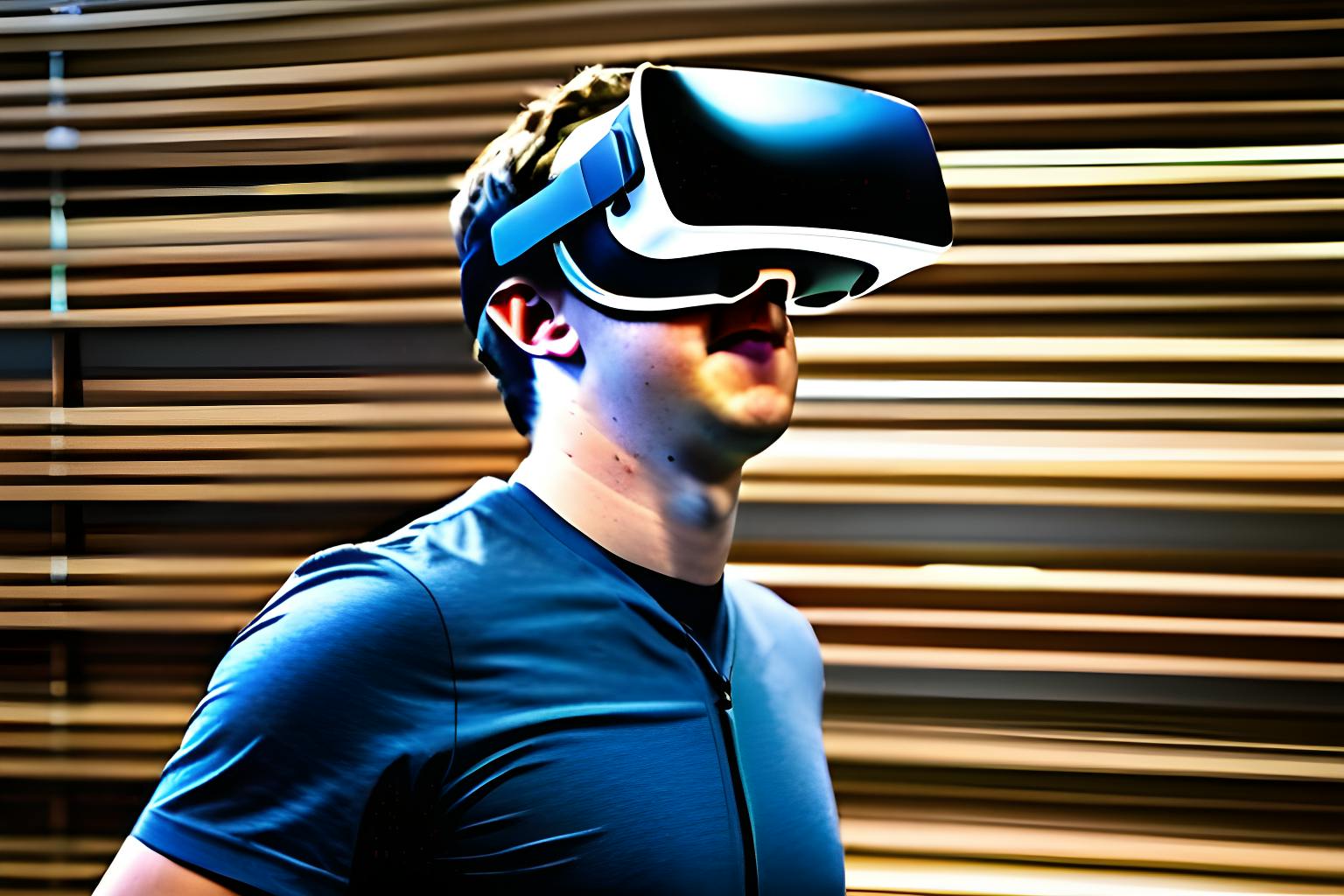On Virtual Harassment: Meta's VR Expansion Faces Regulatory Scrutiny
by
November 16th, 2023
Audio Presented by

The United States sues Meta and its flagship platforms for putting the mental health of young Americans in harms way.
About Author
The United States sues Meta and its flagship platforms for putting the mental health of young Americans in harms way.
